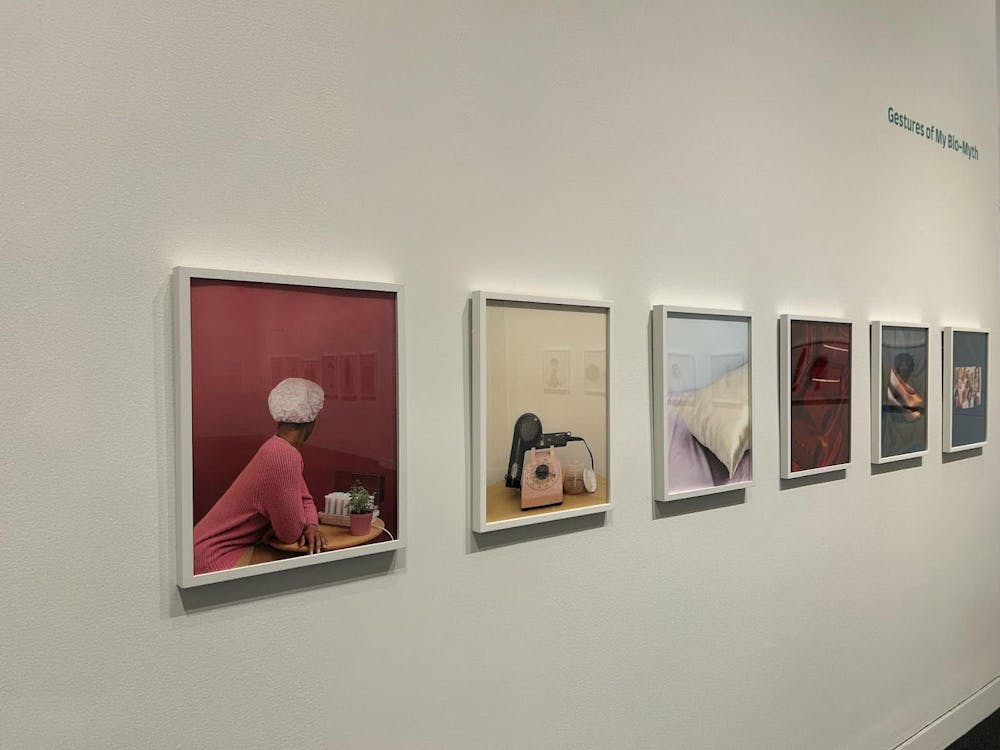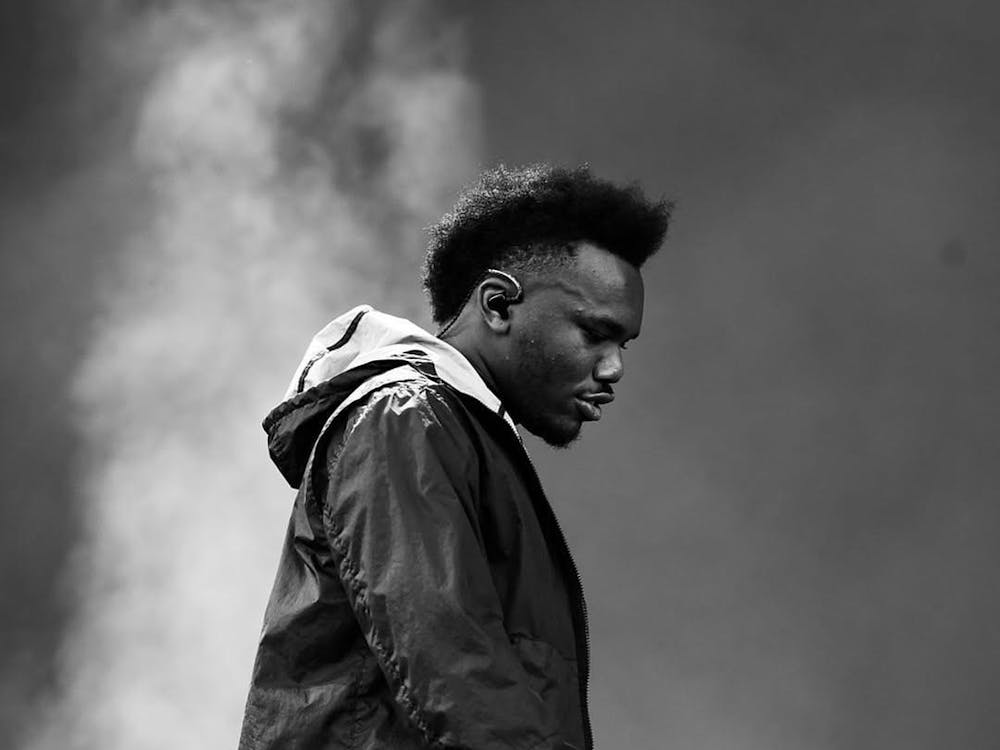In an unlikely collaboration, Eminem paired up with The Weeknd for a remix of “The Hills,” originally a hit single off The Weeknd’s “Beauty Behind the Madness.” This remixed track speaks to the dexterity of Eminem’s lyrical ability as he showcases a command of multiple flows and vocal deliveries throughout the song.
For Eminem fans, however, it can be pretty jarring to listen to this song at this stage of Eminem’s career. This is not because Eminem, usually confrontational and divisive, seems so comfortable on a song this popular and derivative. Rather, it’s jarring because one is actually no longer surprised to see him on songs like these. “The Hills” represents the culmination of those ill-conceived Rihanna singles, the solo Skylar Grey experiment and the god-awful Bruno Mars single.
Eminem’s contemporary work is dotted with safety nets, flittering hopes of retaining accessibility and relevance to cover for the off-chance we all forgot about him.
Eminem is arguably the quintessential underdog rapper. Before the release of his fourth studio album “The Eminem Show” in 2002, Eminem sat down with Rolling Stone to talk about the pressure of following up his first huge commercial successes. “Failure has always been the biggest motivation to me,” he said in a Rolling Stone interview. “I’ve felt since my first day of rapping that my time is ticking.”
With that quote in mind, what’s most disheartening about this release is how comfortable it feels. Eminem is no longer announcing his presence in the conscience of hip-hop like on “The Slim Shady LP” and “The Marshall Mathers LP.” He’s not taking full control of a given album’s production like on “The Eminem Show.” After returning to hip-hop in 2009 and releasing two lackluster albums, “Relapse” and “Recovery,” it took going head to head with Royce da 5’9’’ on “Hell: The Sequel” for Eminem to sound like himself again.
It might be nice if Eminem would forego the usual laundry list of producers who work on his albums and try to build an entire record from scratch — the sort of calculated risk the Eminem from the 2002 Rolling Stone interview would have jumped at.
Eminem has never really known who he is. That sort of erratic introspection drove the widespread appeal of his first two albums, but it also makes it difficult to think about how he now reclaims his place in hip-hop. It almost seems like Eminem exists in a separate conversation than the other great contemporary rappers.
It’s supposedly common knowledge that Eminem is one of the best rappers of the day, but then you hear “The Monster” or “Love The Way You Lie,” do some digging and realize Eminem hasn’t been the top dog in hip-hop in over a decade.
His technical ability is as strong as it has ever been, but he treats his place in hip-hop today as if it has been cemented, completely ignoring the self-offered thesis statement that drove his meteoric rise in the first place: “Failure has always been the biggest motivation to me.”
Eminem no longer fears failure — he fears irrelevance. For the 43-year-old rapper, the greatest test in today’s hip-hop landscape won’t be in convincing us he’s the best rapper in the game, but that he’s still playing at all.







